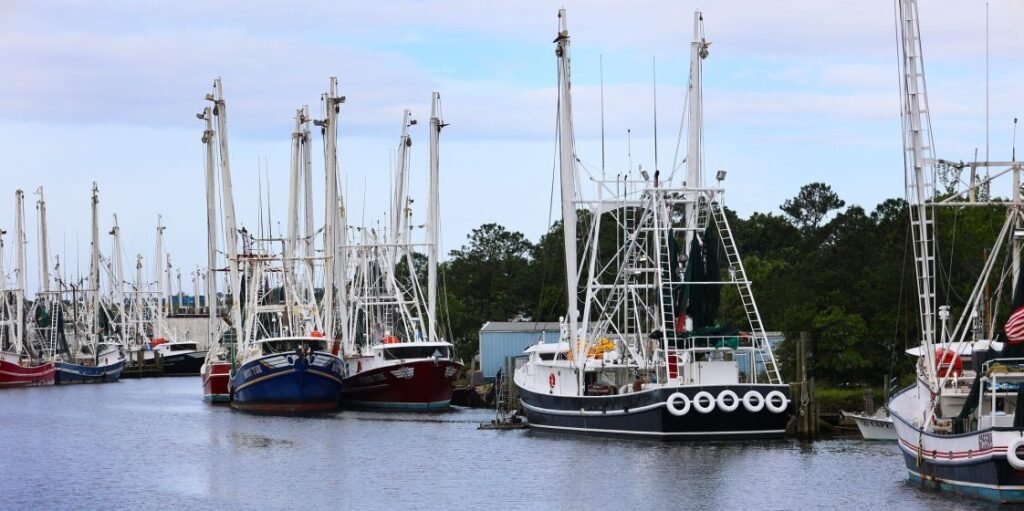Legislation Aims to Boost Alabama’s Seafood Industry
State Senator Chip Brown, representing Hollinger’s Island, is collaborating on three new bills designed to enhance Alabama’s commercial seafood industry while also strengthening the coastal habitats that support it.
The proposed legislation includes the establishment of a State Sales Tax Exemption for Direct Seafood Sales (HB3), a Refundable Income Tax Credit for Oyster Shell Recycling by Restaurants, and the creation of the Alabama Sea Grass Repair Task Force (HB38).
These initiatives merge traditional economic incentives for local fishermen and restaurants with long-term strategies to restore vital sea grass meadows and oyster reefs that play a critical role for shrimp, crab, and other fish species.
“The Gulf Coast’s commercial seafood industry is not only a key economic driver in our region, but it’s also a cherished tradition that we need to preserve for future generations,” Brown stated.
“By implementing these sensible tax cuts and vital ecological protections, we can support commercial seafood operations while also paving the way for sustainable growth,” he added.
HB3 proposes sales tax exemptions for retail seafood sold directly by the commercial entities that harvested them. The goal is to boost sales and ensure that seafood businesses can capitalize on their catches.
HB28 would allow restaurants involved in the Oyster Shell Recycling Program to receive state income tax deductions ranging from $1,000 to $2,000 for every 50 pounds of shells they donate. However, they would need to charge a minimal fee, and the total tax credits available under this program are capped at $100,000 annually to limit the financial impact on the Education Trust Fund.
It’s noteworthy that about half of the $250 million oyster industry in the U.S. resides along the Gulf Coast, including significant portions in Alabama. This industry supports habitats for commercially sought species such as shrimp and crab, while also providing jobs for fishermen, oyster farmers, and seafood processors.
Lastly, HB38 aims to create the Alabama Sea Grass Repair Task Force, tasked with addressing the loss of sea grass in the state’s marine environments.
This legislation will involve collaboration between public and private sectors to engage in environmental research and develop new technologies that could help mitigate the ecological and economic challenges resulting from sea grass decline.
The legislative session is set to commence in January.







